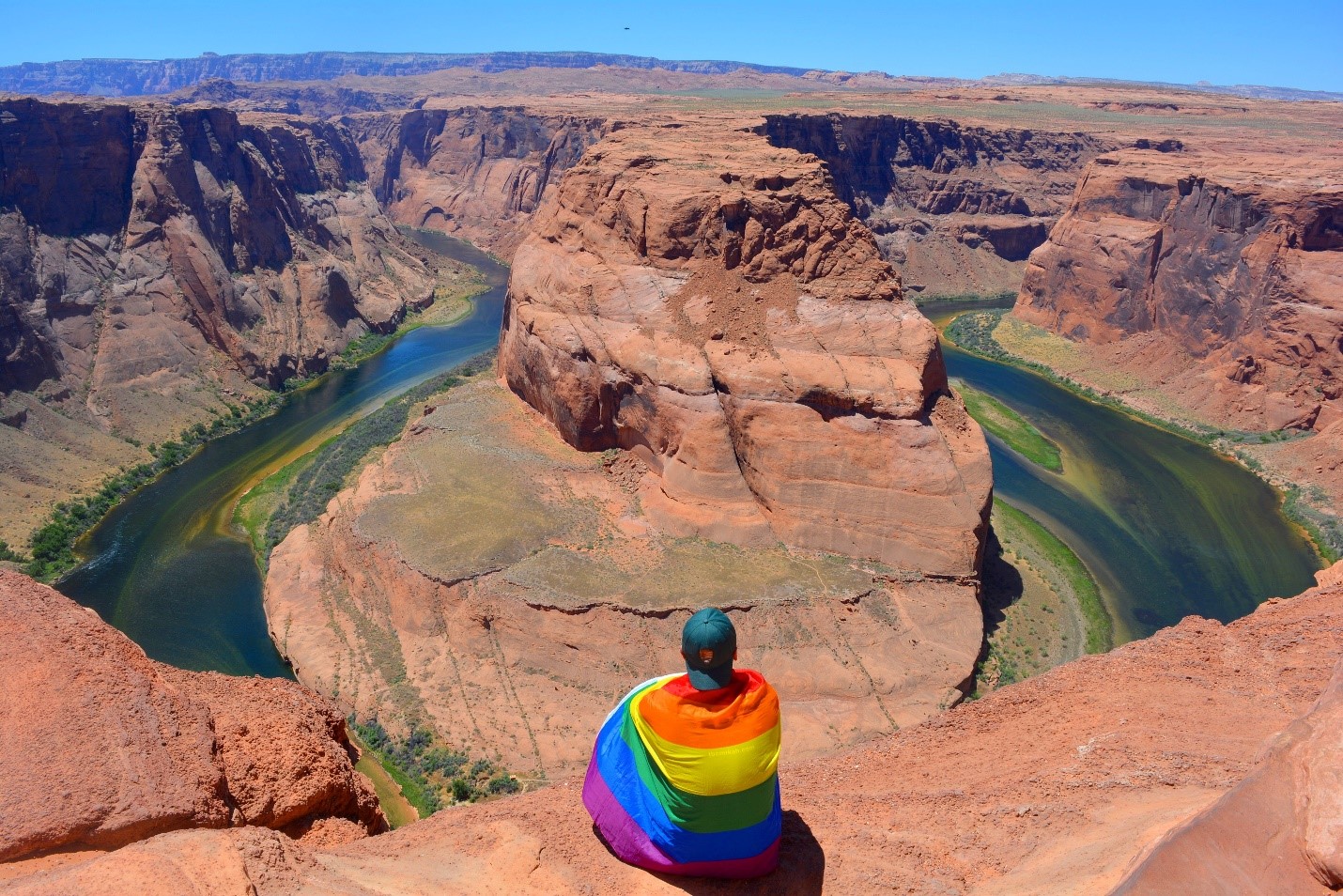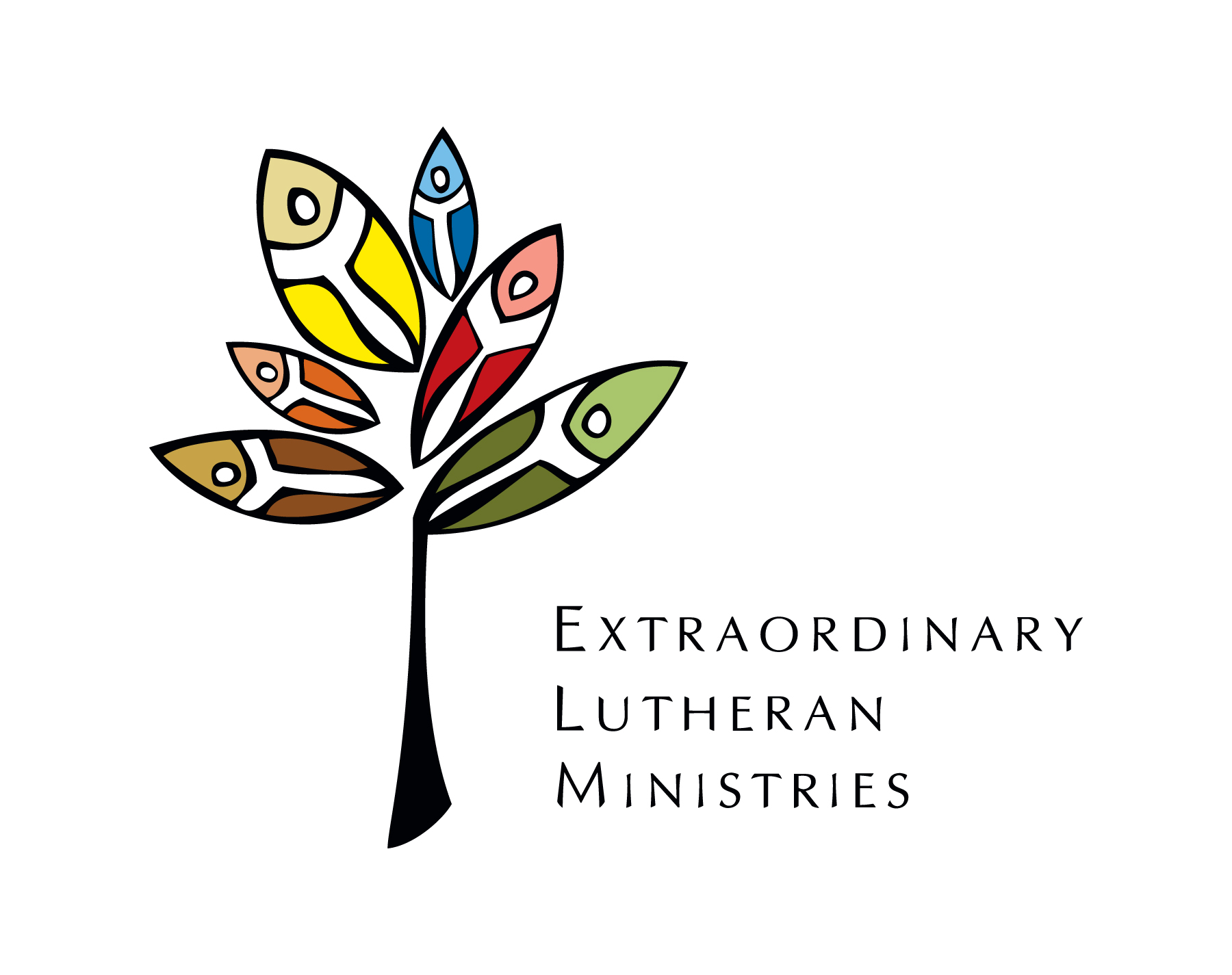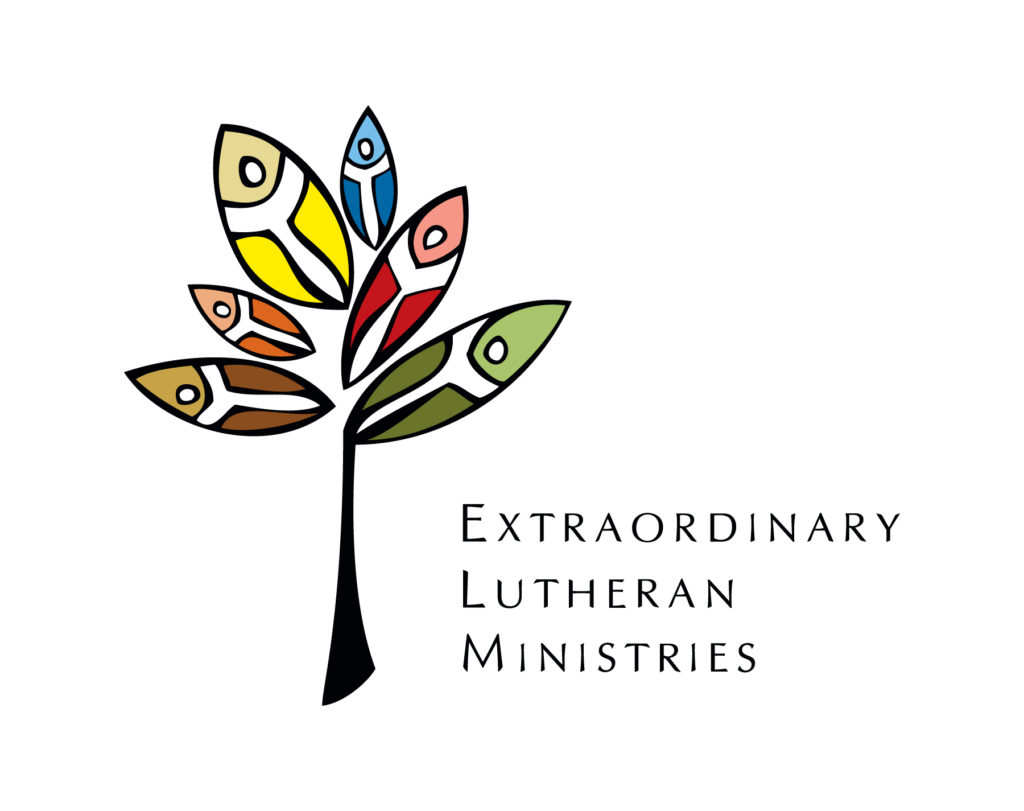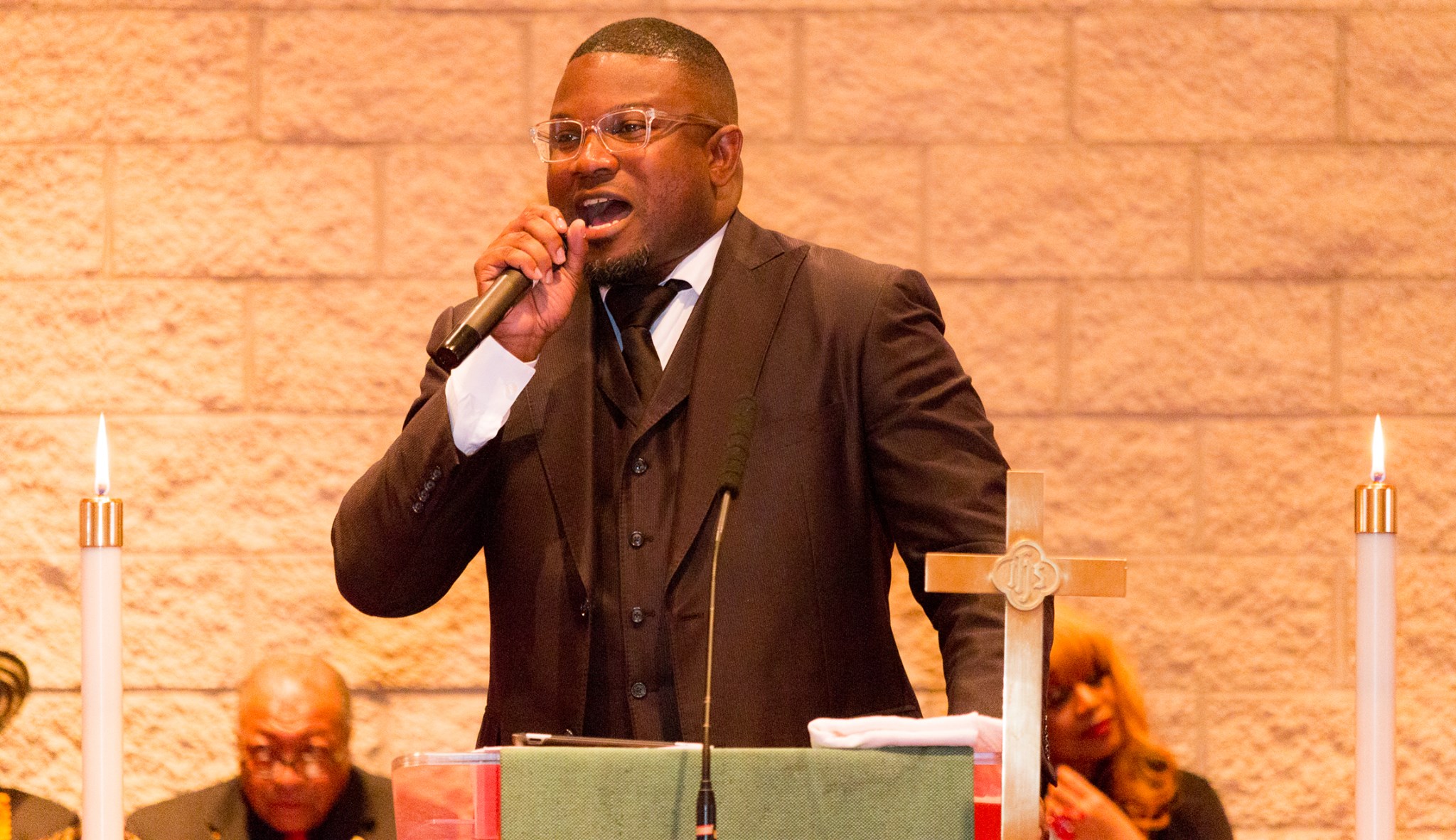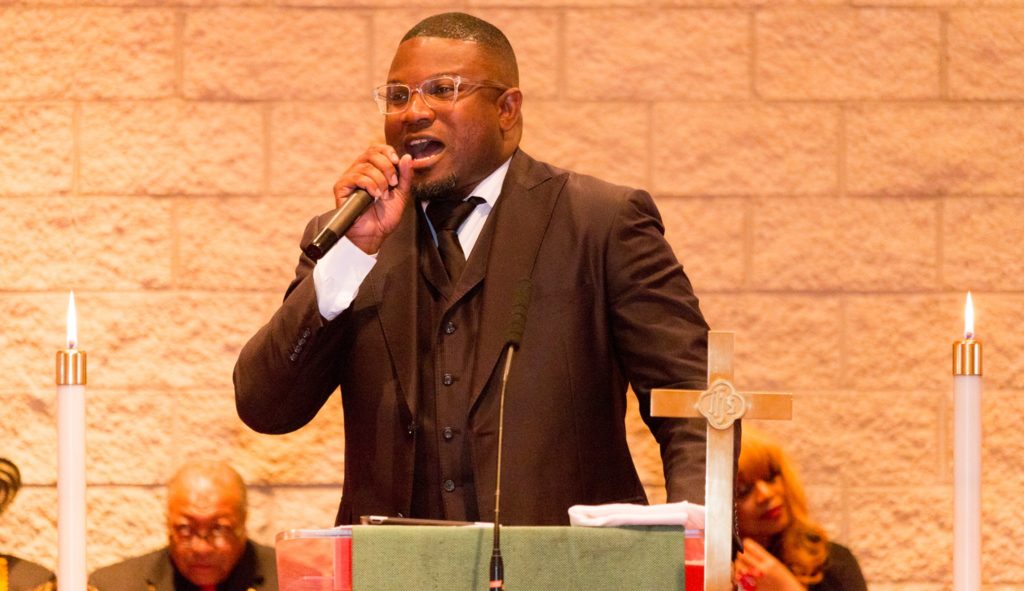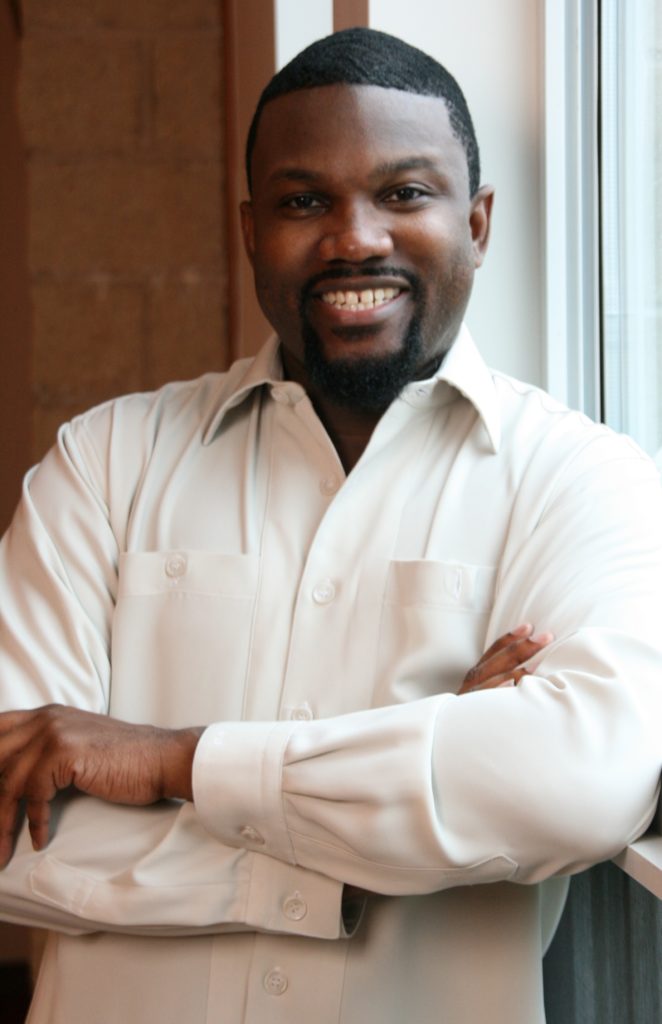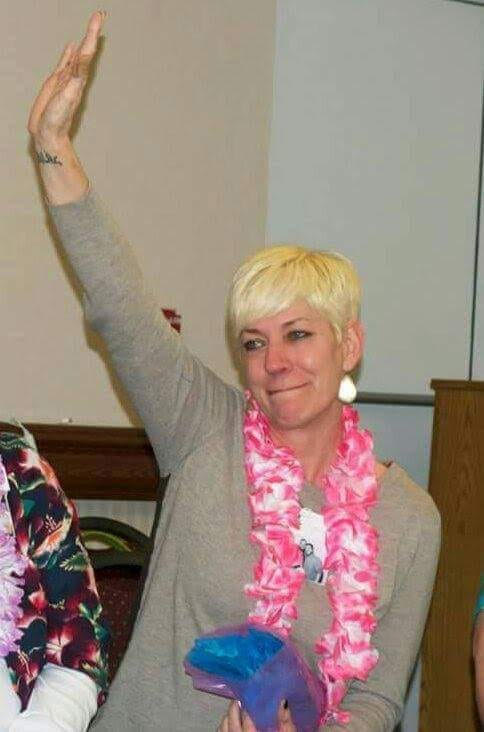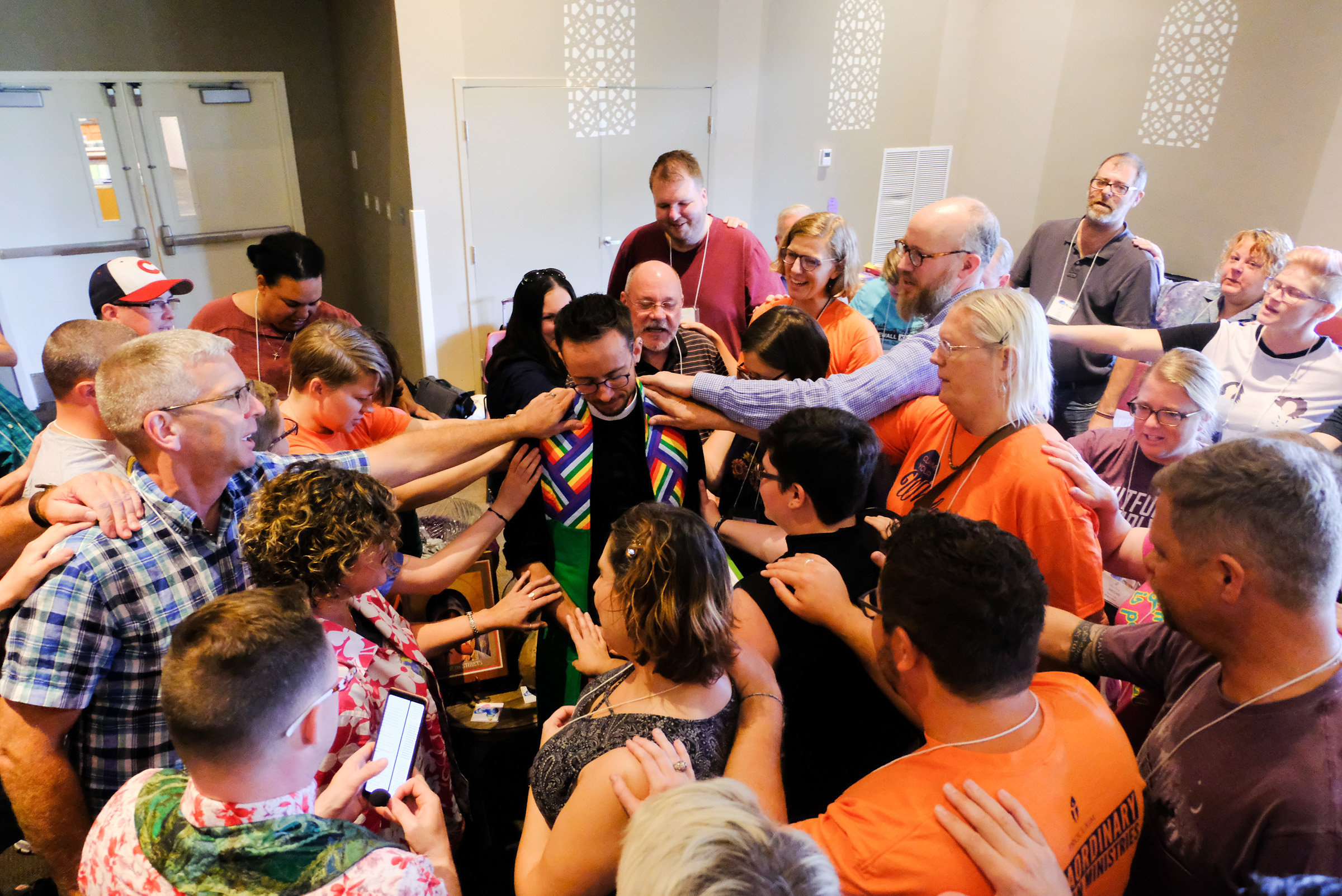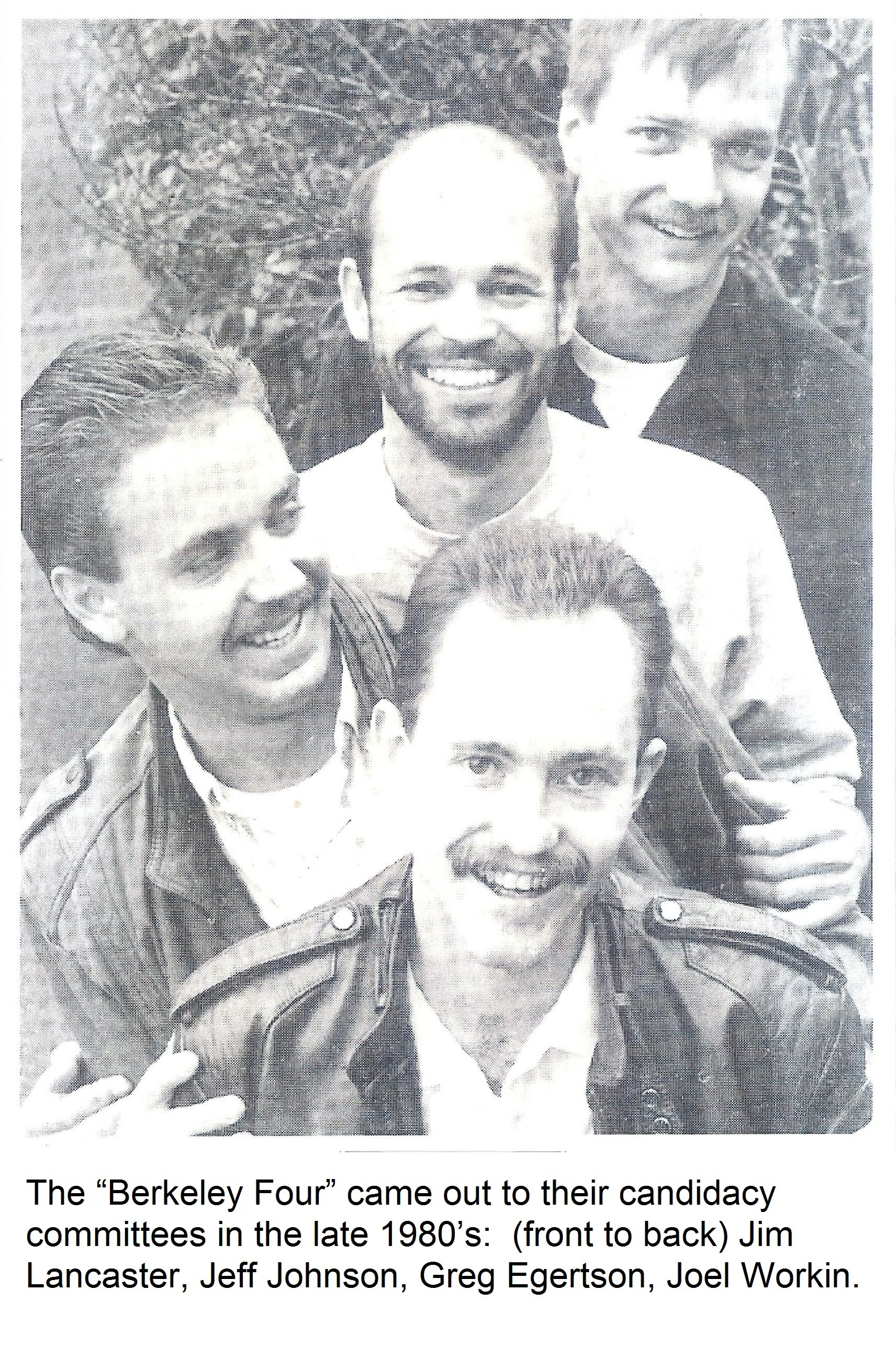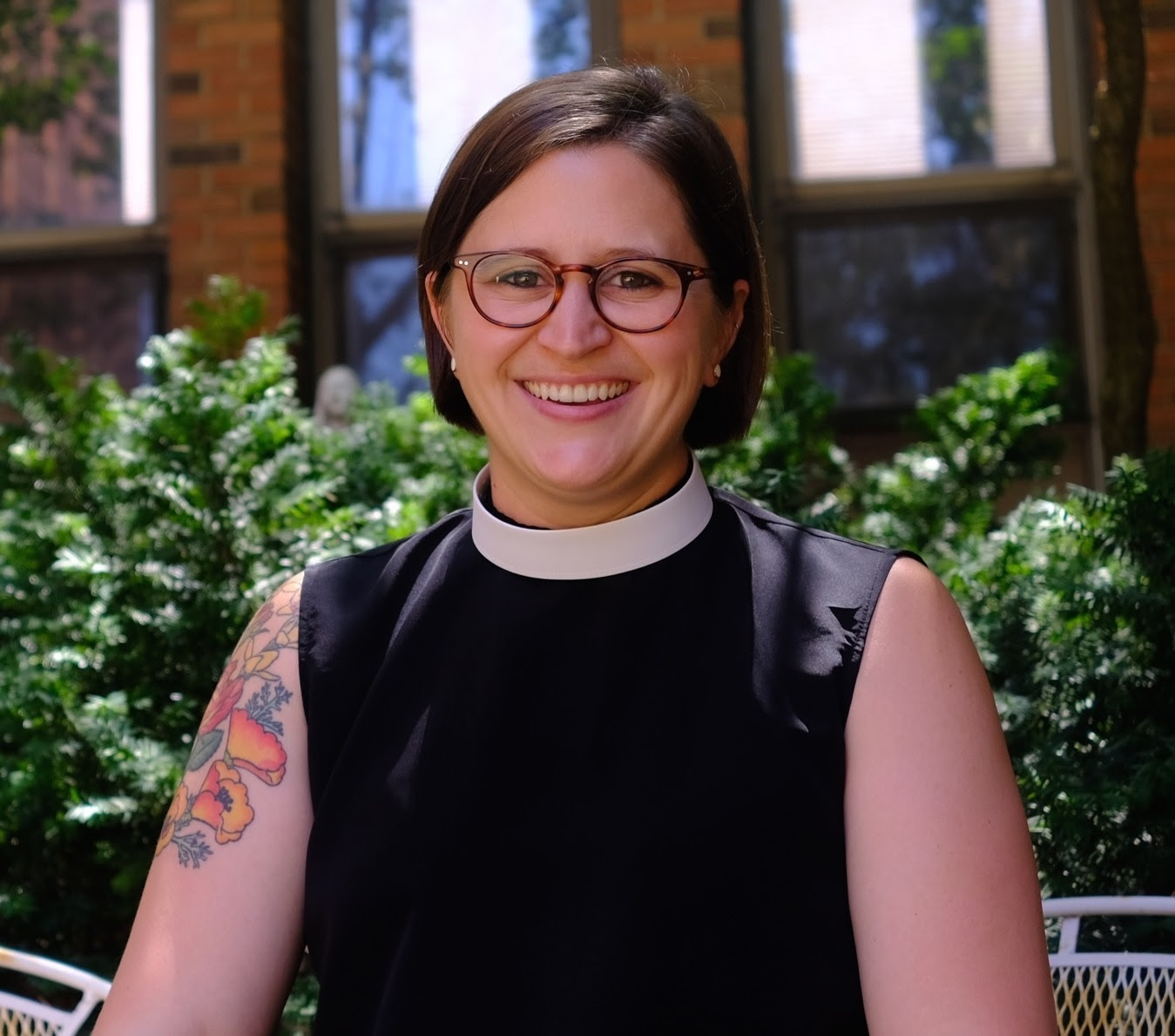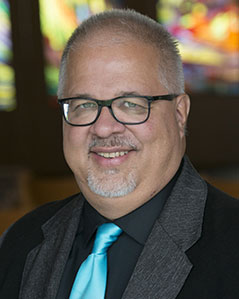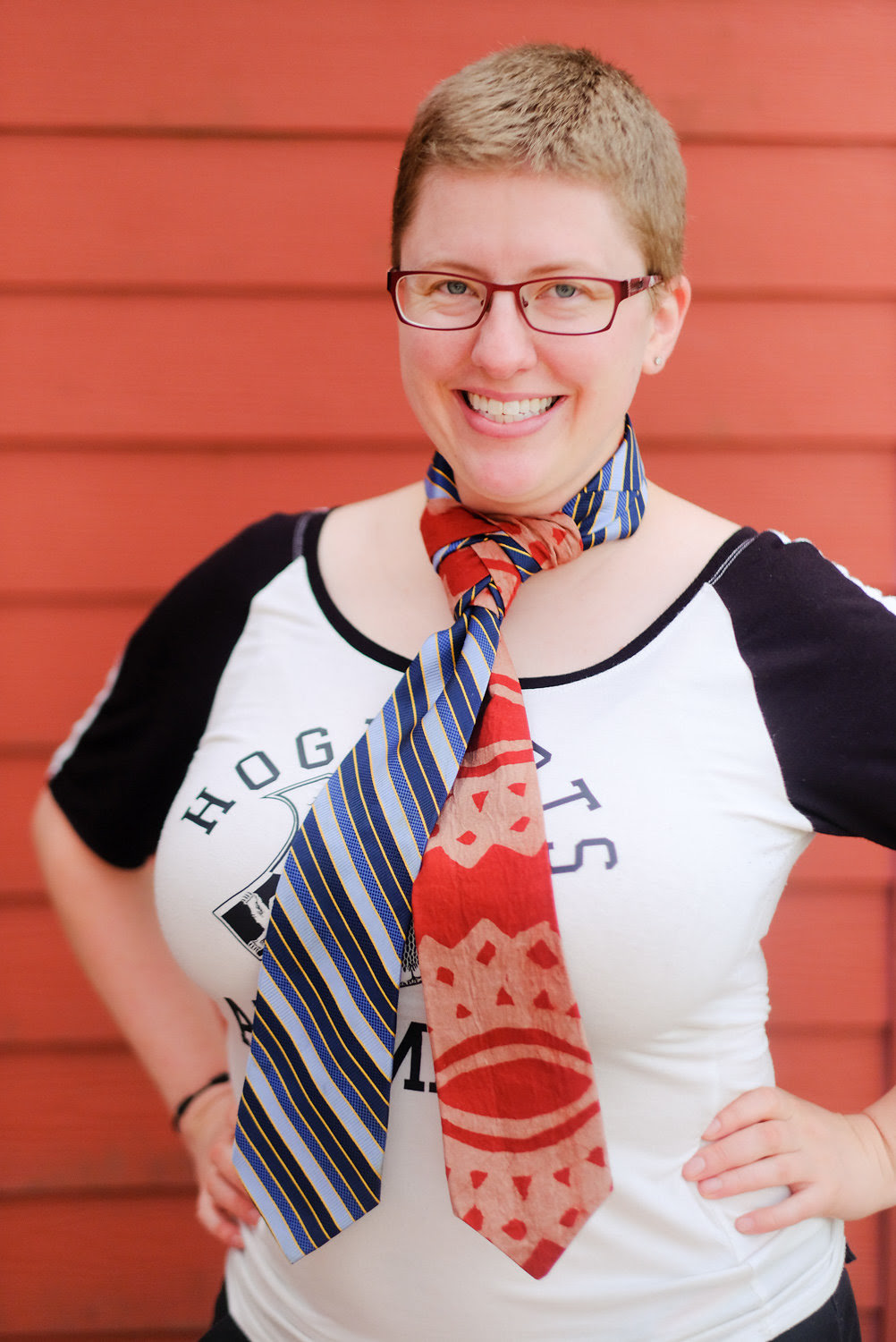By Mikah Meyer
“My whole life I’ve assumed God messed up on me,” a 20-something let out while stoically holding back tears.
He approached me after a church hosted a presentation about my journey to all 418 National Park Service sites.
But just as my talk wasn’t only about the national parks, so too was this young man’s story not solely about believing God faulted in creating him. And indeed, after hearing how my parks journey was largely due to being an openly gay Christian, this young adult felt safe enough to share the other half of his statement:
“But now I realize He made me this way. It’s not a flaw that I’m gay.”
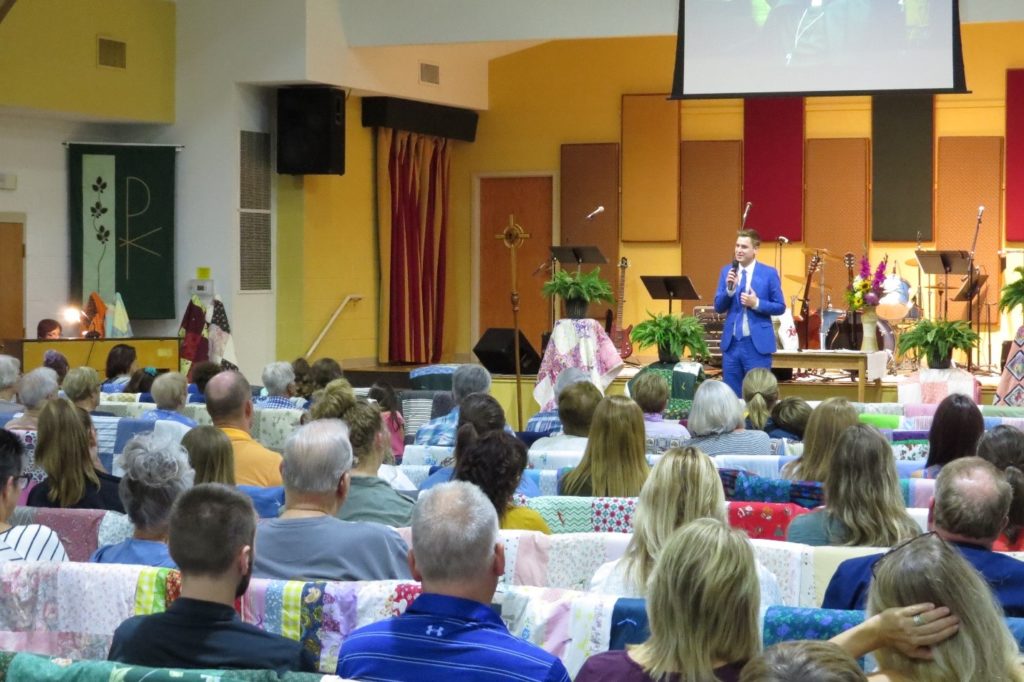
As I internally cheered this queer person’s assertion, my heart also broke that he’d carried those initial thoughts for over 20 years.
And while I wish I could say this was the only time I’d heard that story, the truth is it’s just one of thousands. From teenagers, young adults, 30-somethings, retirees, and even ministers and those in opposite-sex marriages. A few words shared after presenting my “National Parks Cabaret,” after guest preaching at a church, or sent in desperation over Instagram—all expressing that for the first time they’d felt safe to share they were a queer Christ follower.
“What is the Church doing wrong,” I often lament to close friends, “that all these people feel a stranger from the stage/internet is the only person they can confide in?”
Yes, I had intentionally put myself and my story as a gay Christian in the media, using a 3-year road trip and world record attempt to draw the attention. But I was not a church leader. I did not have seminary training that should allow me to seek out those struggling with their faith. And I was certainly not an ordained minister.
I was just some dude waving a rainbow flag in the national parks.
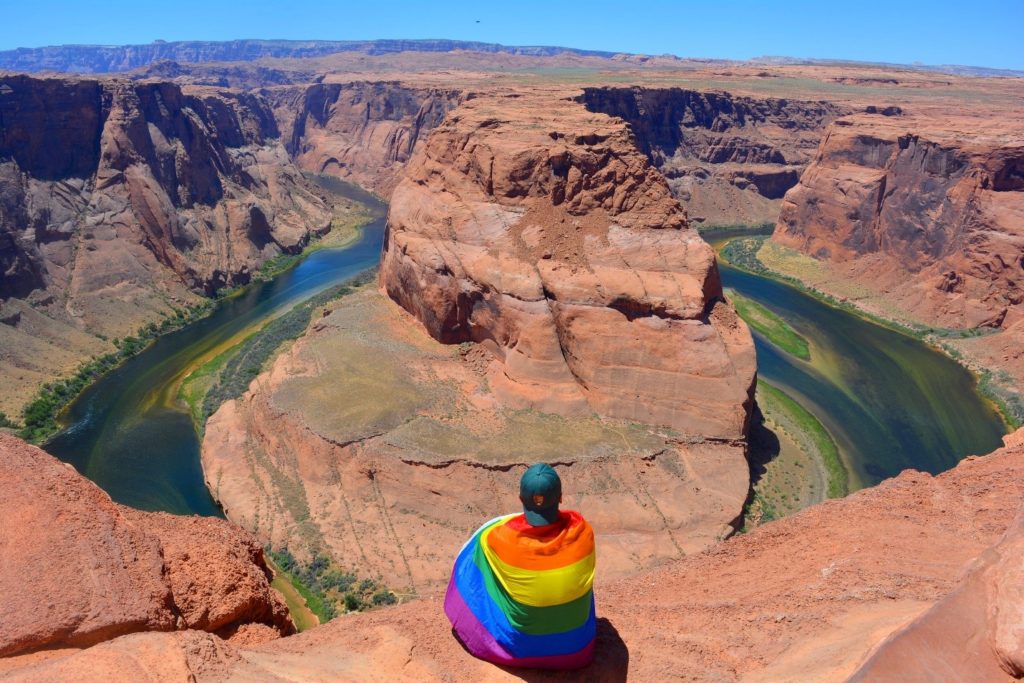
But perhaps that’s the point of this story.
I was 19-years-old before I met an openly gay adult. And in my mid-20s before meeting an openly gay Christian. And though it took longer than I wished, it was these encounters that eventually led me to come out.
My life was not changed by some famous person or a praised religious leader.
It was normal, everyday queer people living their lives openly and authentically that opened my eyes and heart to a future I’d never seen until seeing them.
Mine was the same story I heard from a boy over Instagram who messaged:
“I’m 15-years-old, I go to a private Baptist school in Texas and I’m not out to anyone. But after seeing who you are, I know not only can I grow up to be ordinary…but also extraordinary.”
Never doubt that each and every one of you, whether a minister, lay person, or an ally, can change someone’s world—and in turn collectively the world—by living openly and honestly as a queer person of faith or Christian who believes God loves LGBTQ+ people as they are.
If the experience of my parks journey has taught me anything, it’s that one doesn’t need to be plastered on the headlines or across social media to allow someone to feel closer to God and their true selves.
One only need live their life proudly and authentically as the beautiful people God made them.
So that through sharing your story, others can know they can be both ordinary, and extraordinary.
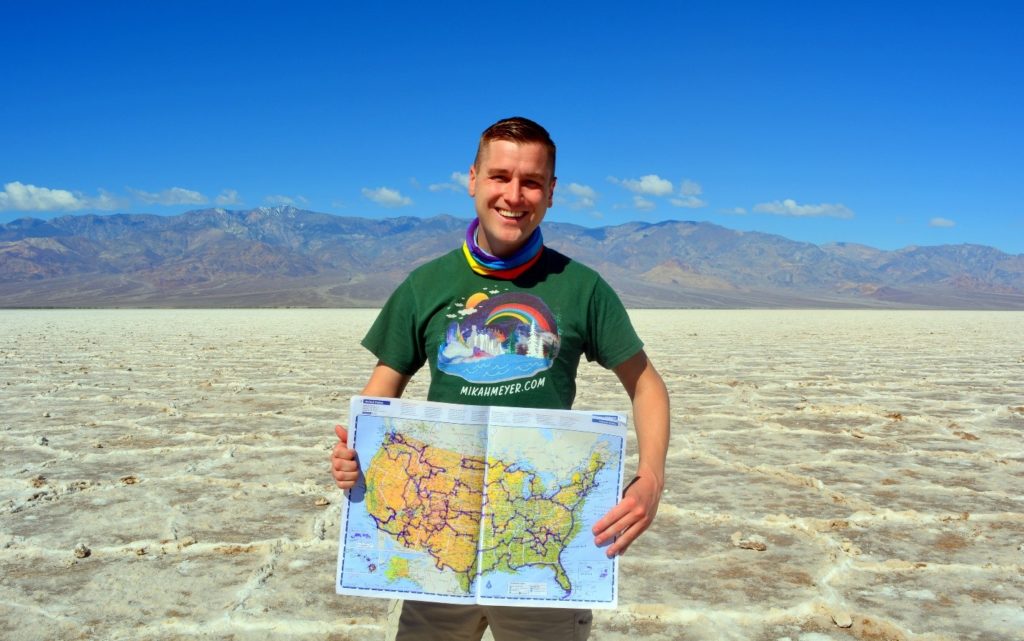
Bio: Mikah Meyer is an ELCA campus minister’s son who swore he’d never grow up to be a pastor like his dad. He now spends his time traveling to churches & ministries around the world sharing the Gospel–particularly at colleges—making him in fact: A campus minister.

